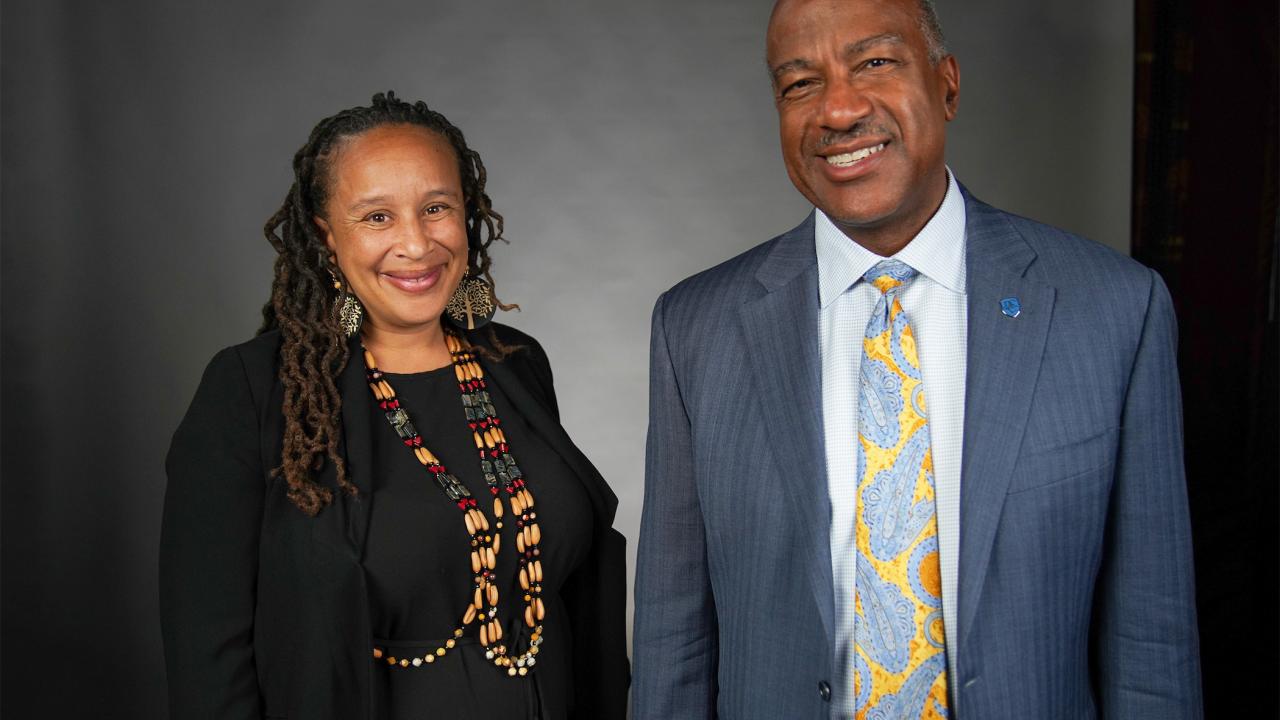
Native land conservation efforts and teachings are vital to understanding how we can respond to our changing climate. Examples include everything from contained burns that aim to prevent wildfires to reevaluating the impact of nearly 100-year-old dams on our rivers.
These topics and more are the focus of this week’s edition of Face to Face With Chancellor May and guest Beth Rose Middleton, professor of Native American studies.
In conversation with Chancellor Gary S. May, Middleton discusses her research, which centers on Native environmental policy and Native activism for site protection using conservation tools.
This includers Middleton’s two books, Trust in the Land: New Directions in Tribal Conservation and Upstream: Trust Lands and Power on the Feather River, (both University of Arizona Press). The books document the efforts of the Mountain Maidu tribe in Plumas County to create “local land trusts” with local governments and the historic impacts of hydro development efforts on tribal lands.
An Aggie alumna, Middleton received her bachelor’s degree from UC Davis in nature and culture before earning a Ph.D. in environmental science, policy and management from UC Berkeley. Catch Middleton serving lemonade most weekends at the Davis Farmers Market.
The conversation flows into the recent closing of four dams along the Klamath River. As their construction began in the 1920s “without consent of Native peoples,” Middleton notes their removal is a historic moment. “Seeing the advocacy by Yurok, Karuk, Hoopa and other peoples who have been fighting for those dam removals for generations — to see that come to fruition is really exciting.”
Bringing these issues to home, Middleton notes: “Davis is a special place, with the Native American Studies Department being one of the first in the nation.”
Stay tuned for the chancellor’s rapid-fire “Hot Seat” round of questions to discover Middleton’s favorite season on campus, the niche grooves of Native Hawaiian reggae and a poignant reminder from the professor on how to respond to our challenging times.
